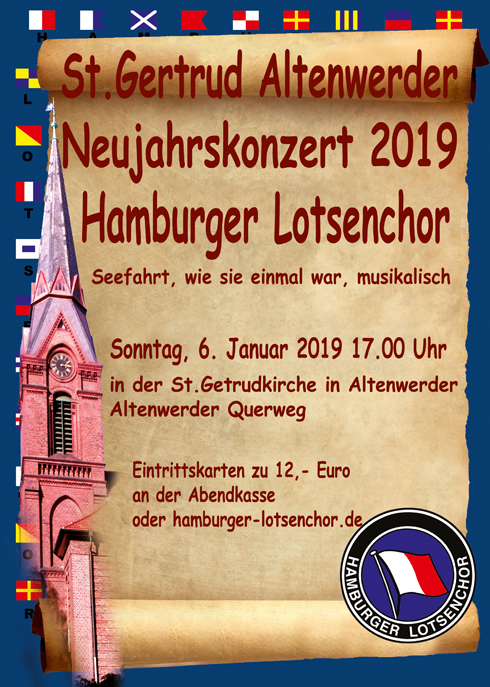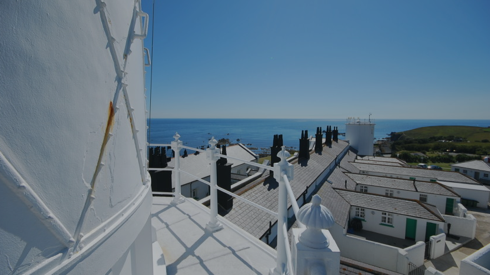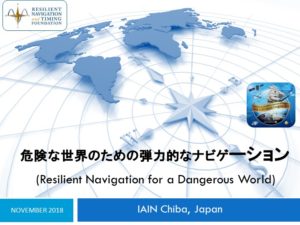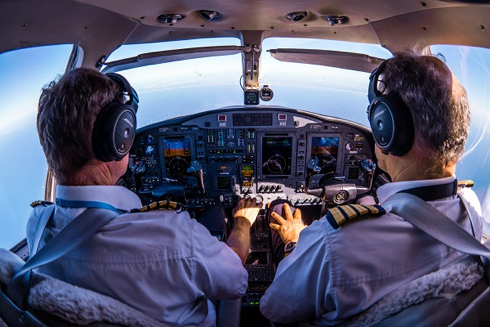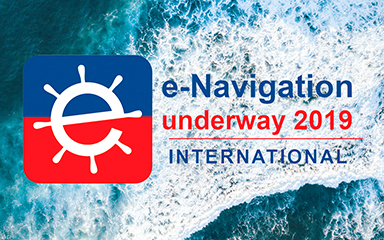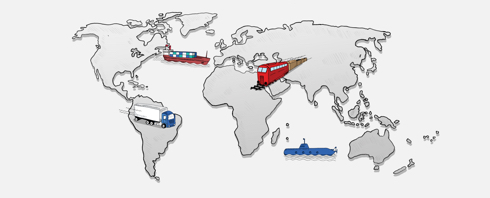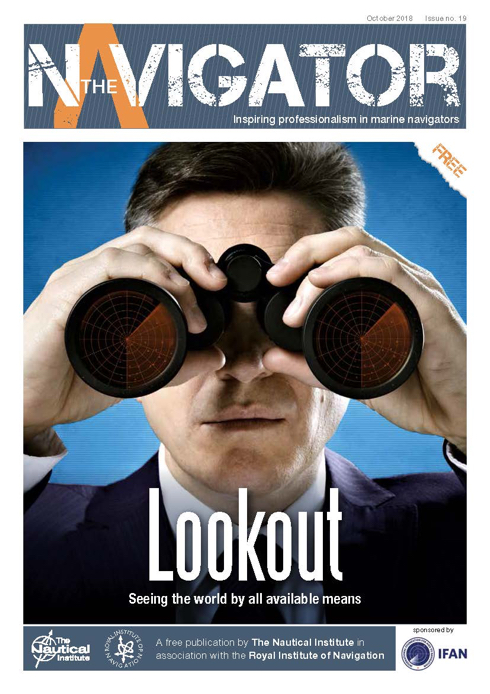The R.A.F. at this year’s Qatar National Day display
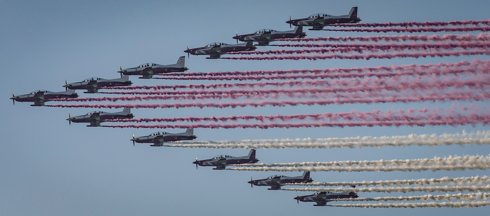
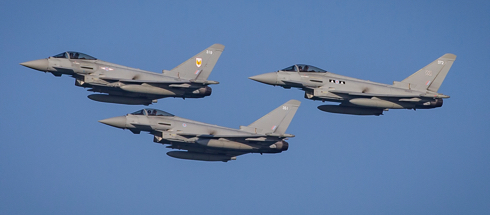
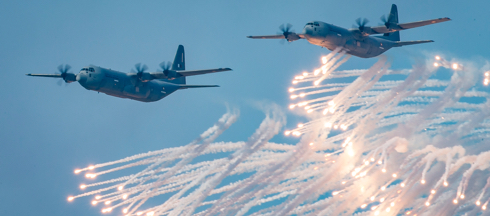
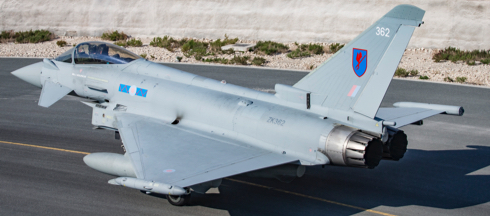
Shortly before the Festive Break it was reported by the (UK) Ministry of Defence that three RAF Typhoons took part in this year’s Qatar National Day flypast in the nation’s capital, Doha. The aircraft, flown and maintained by 29 Squadron, based at RAF Coningsby, (Lincolnshire, E. England) flew as guests of the Qatar Amiri Air Force (QAAF) alongside French and American aircraft in the multinational display. In the preceding days, 29 Squadron operated alongside their QAAF colleagues, who fly the Dassault Mirage 2000.
The IMO Maritime Safety Committee 100th session
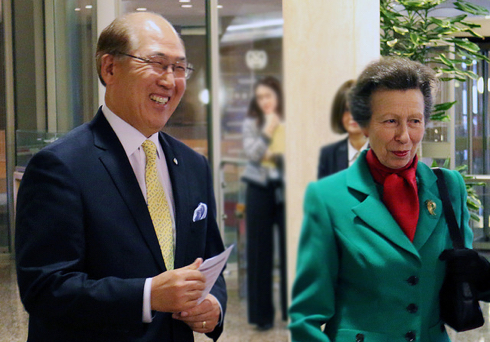
On 7 December IMO’s Maritime Safety Committee (MSC) completed its landmark 100th session with progress on a number of topics.
These are: (i) a regulatory scoping exercise on maritime autonomous surface ships; (ii) approval of revised guidelines on fatigue and further updates on work on goal-based standards, (iii) polar shipping and (iv) safety issues relating to low-sulphur fuel.
In a special session with invited speakers future technologies and the continued role of the seafarer were discussed. A new IMO safety video was launched, highlighting the wide spectrum of work the MSC has undertaken over 60 years to enhance safety and security at sea, including aspects of navigation, cargoes, ship construction, seafarer training, search and rescue and communications, to name a few examples.
HRH The Princess Royal visited IMO HQ on 5 December (illustrated). She was received by Secretary-General Kitack Lim and addressed the 100th session of the Maritime Safety Committee (MSC) and took a keen interest in the proceedings as the Committee discussed measures to enhance maritime security particularly with regard to piracy and armed robbery against ships.
Hamburger Pilots’ Choir
Captain Dieter Wulf informs us the Hamburg Pilots’ Choir will perform their traditional New Year concert in St Gertrude’s Church, (St Gertrudkirche in Altenwerder), Altenwerder, Querweq, Hamburg on Sunday 6 January 2019 at 1700 hrs.
Tickets cost € 12,00 and are available at the door.
EUROCONTROL and DECEA successfully exchange flight data
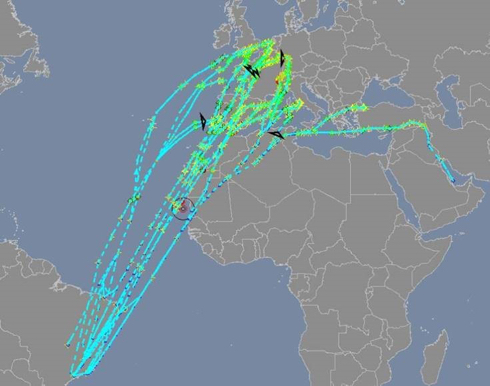
On 21 November a highly ambitious project conceived over two years ago was finally cleared for take-off, as the EUROCONTROL Network Manager (NM) confirmed the reception and processing of FSA (First System Activation) data from Brazil by its ETFMS (Enhanced Tactical Flow Management System) operational system. This was reported by Eurostar shortly before the Festive break.
Although the idea of data exchange between EUROCONTROL and Brazil was first floated in 2016, it was not until 17 October this year (2018) that FSAs from DECEA, Brazil’s Department of Airspace Control, reached EUROCONTROL’s testing platform, before full confirmation that total data exchange would be possible almost a year later.
Industry, European efforts featured at PNT Advisory Board meeting
Reproduced by kind permission of Inside GNSS ©
In addition to regularly expected updates for GPS systems and U.S. government activities, this week’s meeting of the National Space-Based Positioning, Navigation, and Timing Advisory Board included discussions with industry representatives and officials from Europe.
Jean-Yves Courtois, CEO of Orolia, and Jeremy Warriner, Director of Government Systems at Microsemi, discussed the industry’s readiness to help secure GNSS receivers with anti-jam and anti-spoof technology, and protect signals with interference detection systems.
The GLAs’ Differential GPS user survey
The General Lighthouse Authorities of the UK and Ireland – Trinity House, the Northern Lighthouse Board and the Commissioners of Irish Lights – operate 14 Differential Global Positioning System (GPS) reference stations which provide corrections to GPS, thereby enabling greater positional accuracy and integrity in the user’s position.
The authorities are now surveying users across a wide variety of sectors to better understand how the Differential GPS service is being used. The Differential GPS service currently provides corrections for GPS (single frequency) only, but the technology is being developed to enable corrections to be provided for all Global Navigation Satellite Systems (GNSS), should there be a requirement. The survey results will be used to establish current and future user needs.
The 1st International Shipmasters’ Congress
IFSMA, the International Federation of Shipmasters’ Associations, and CMMI, the Company of Master Mariners of India, cordially invite all members of the maritime / marine scientific and professional community to submit abstracts for oral or poster presentations at ISC ’19, the International Shipmasters’ Congress 2019, which is scheduled to be held from 25 to 27 September 2019 at the Stein Auditorium, India Habitat Centre, New Delhi, India addressing the theme Future Skills Requirements for a Digitized Maritime Industry.
ISC ’19 is organized enjoys the kind support of the Indian Ministry of Shipping, the Indian Maritime University, the HSB / City University of Applied Sciences and the Institute of Marine Engineering, Science and Technology.
IFSMA is most grateful to HE Kitack Lim, the Secretary General of IMO, who kindly agreed to be the patron of the 2019 International Shipmasters’ Congress.
Resilient Navigation for a Dangerous World
The theme of the triennial World Congress of the International Association of Institutes of Navigation (IAIN) in Chiba, Japan this year is “Science, Technology, and Practice to Resilient Navigation.”
RNT Foundation President Dana A. Goward’s keynote address “Resilient Navigation for a Dangerous World” asserted that, in addition to enjoying all the benefits of GNSS technology, users and governments alike should actively safeguard these essential services.
Major disruption forecast at UK ports as a “real prospect” in a no-deal BREXIT
There is a real risk that the UK Department for Transport will not be ready in the event of the UK departing the EU without a negotiated deal, and this risk is increasing as time runs out to deliver what is needed.
This latest PAC report is in a series looking at Government’s preparations for Brexit. As in previous PAC reports, the Committee is concerned about how well Government is prepared. There is a real prospect of major disruption at UK ports. The slow progress and poor communication around work to avoid this through schemes such as Project Brock concerns the Committee. The lack of detailed information provided to businesses to help them prepare and the secrecy surrounding discussions through the use of non-disclosure agreements is hampering businesses’ ability to plan.
The Bank of England and BREXIT
On 27 June 2018, the House of Commons Treasury Committee requested that the Bank of England publish analysis of how leaving the European Union would affect its ability to deliver its objectives for monetary and financial stability.
The report was published on 28 November and analyses the economic effects of the Withdrawal Agreement and the Political Declaration regarding the future relationship between the EU and the UK, as well as the consequences of leaving the EU without a Withdrawal Agreement.
Analysis by the Bank includes scenarios not forecasts. They illustrate what could happen not necessarily what is most likely to happen.
IAAC workshop and Mediterranean Conference
The IAAC workshop entitled Vision-Aided Navigation will be held on January 14, 2019 at the Daniel Hotel, Herzelia, Israel. This workshop is organized by Harel Karus, Elbit Systems – ISTAR Divisions.
The 27th Mediterranean Conference on Control and Automation (MED 19) will be held July 1-4, 2019 in Akko, Israel. It is co-sponsored by IAAC.
First exercise for the RAF’s F-35 Lightning
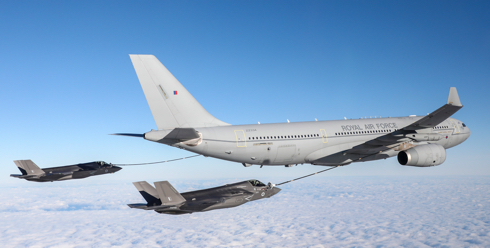
Royal Air Force F-35B Lightning jets have passed another significant milestone by conducting their first exercise with UK-based American F-15s and French Air Force Rafales, over the skies of East Anglia and the North Sea. This was reported by the (UK) Ministry of Defence on 28 November.
The 617 Squadron jets joined over 40 other aircraft from the RAF, the United States Air Force and the French Air Force on Exercise Point Blank. This exercise was a first both for the F35s and the French Air Force and gave an opportunity for the three air forces to work together in a peer-to-peer scenario.
CANSO calls on ATM industry to improve safety
It was announced from Banff, Canada, on 27 November that CANSO (the Civil Air Navigation Services Organisation) has outlined the opportunities and challenges offered by new technologies and a new approach to human performance to improve aviation safety.
New technologies, such as automation, artificial intelligence (AI), and space- based surveillance will enhance safety as well as improving the efficiency of airspace. To ensure that these new technologies are embraced in a way that further enhances safety, CANSO is developing a Standard of Excellence in Human Performance Management.
Inmarsat signs agreements for Iris programme
It was reported from CANSO on 22 November that ANSPs from Germany, Italy, Spain, UK and others will work with Inmarsat and the European Space Agency (ESA) to implement ground-breaking air traffic modernisation project.
The Iris programme is a partnership with the European Space Agency (ESA) and led by Inmarsat to enable secure, high bandwidth datalink communications over Europe. Objective of this is to deploy more digital controller-pilot communications to improve the speed and accuracy of air traffic management across Europe’s congested airspace. ANSPs will be able to rely on Iris’ certified, efficient and sustainable datalink to increase ATM efficiency, relieve air traffic controller workload and enhance flight safety.
The 13th Arctic Shipping Summit
This two-day Conference will bring together companies and organisations such as National Coastguards Senior Arctic Government Officials, Shipping Companies, LNG Projects, Lawyers, P&I Clubs, Arctic Researchers and Lecturers and many more in an effort to provide an interactive and open event.
e-Navigation Underway 2019 International
News has been received from IALA and the Danish Maritime Authority that the ninth in the series of e-Navigation Underway International Conferences will be held from 6 to 8 February 2019 and focus on the implementation of e- Navigation solutions. This event brings together international e-Navigation experts from around the world.
The theme for next year’s event will be: Paving the Way for a Digital Maritime World.
A quantum accelerometer for navigation
The UK’s first quantum accelerometer for navigation has been demonstrated by a team from Imperial College London and M Squared at the National Quantum Technologies Showcase. This was reported by M Squared earlier this month.
As we well know most navigation today relies on a global navigation satellite system (GNSS), such as GPS, which sends and receives signals from satellites orbiting the Earth. The quantum accelerometer is a self-contained system that does not rely on any external signals. This is particularly important because satellite signals can become unavailable due to blockages such as tall buildings, or can be jammed, imitated or denied – preventing accurate navigation.
ION GNSS+ 2019
Submit your abstract today for ION GNSS+ 2019: GNSS + Other Sensors in Today’s Marketplace, the 32nd International Technical Meeting of the Satellite Division. The conference will take place September 16-20, 2019 (Tutorials September 17) at the Hyatt Regency Miami in Miami, Florida.
Offshore Survey 2019
The sixth Offshore Survey conference will take place alongside Ocean Business at the National Oceanography Centre in Southampton, UK, from 10-11 April 2019.
Readers are advised that there are less than four weeks until the deadline on 14 December.
Offshore Survey is one of the year’s most popular industry and professional conferences. It has gained a reputation for attracting the very best papers, with a unique mix of global technology and business.
GPS interference – Eastern Mediterranean and Red Seas
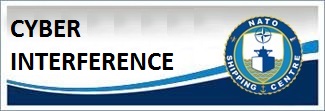
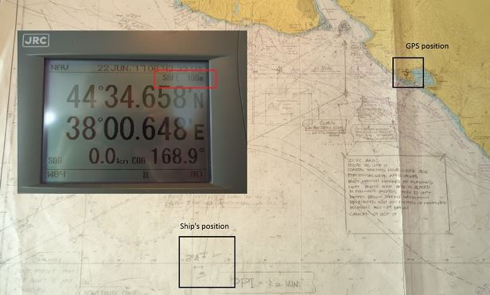
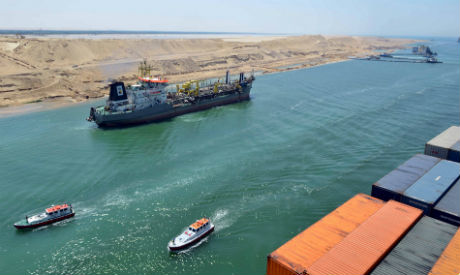
Multiple instances of significant GPS interference continue to be reported by vessels and aircraft operating in the Eastern Mediterranean Sea.
These reports have been concentrated near Port Said, Egypt, the Suez Canal, and in the vicinity of the Republic of Cyprus.
Additional instances of similar interference were reported in October 2018 near Jeddah Port, Saudi Arabia.
This interference is resulting in lost or otherwise altered GPS signals affecting bridge navigation, GPS-based timing and communications equipment. Navigators have been advised to exercise caution when transiting these areas.
RAF No 1 (F) Squadron on exercise
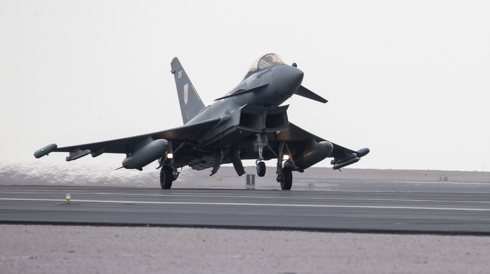
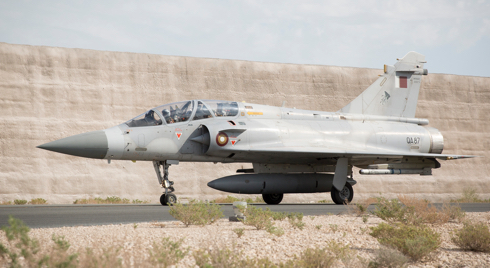
Wing Commander Mark Baker, OC N°1 (Fighter) Squadron, led his team on the first sortie of the joint UK/Qatari Exercise EPIC SKIES II which commenced on 11 November. Launching alongside two of the Qatari Emiri Air Force (QEAF) Dassault Mirage 2000-5 aircraft, the UK Typhoons took part in counter air training and capability demonstrations, ahead of the QEAF’s procurement of 24 Typhoon aircraft from the UK and the formation of the joint RAF/QEAF Number 12 Squadron.
ClassNK and TÜV Rheinland sign partnership
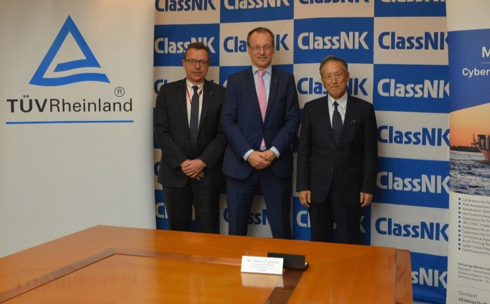
It was reported from Tokyo on 12 November that leading classification society ClassNK and TÜV Rheinland have concluded a worldwide partnership agreement for cybersecurity services.
ClassNK is a classification society which carries out surveys to help ensure the safety of vessels and marine structures, and has many achievements involving the certification of ship equipment.
TÜV Rheinland is a global leader in testing, inspection and certification services providing digital services for safety, cybersecurity and privacy. Earlier, ClassNK and TÜV Rheinland built a cooperative relationship through the signing of partnership agreements in 2012 for wind turbine certification and in 2015 for test and product certification.
The latest edition of The Navigator is available
Readers are able to appreciate the seafarer’s method of keeping watch as the Nautical Institute’s October journal The Navigator (N°19) explores the important role of a ship’s lookout, and the challenges which arise on duty.
Discussion begins with Captain Rajiv Singh who investigates the mechanisms by which the human eye works, and how these affect our effectiveness as lookouts. Later, Captain Trevor Bailey offers valuable insight into watchkeeping on the bridge by considering not just optical observation, but radar, AIS and the magic of the navigator’s intuition.
Madagascar by ESA’s Copernicus Sentinel
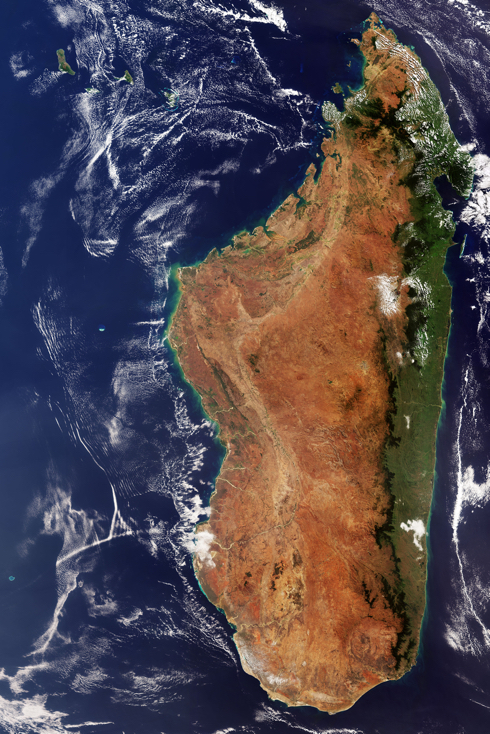
The Copernicus Sentinel-3 mission takes us over Madagascar. This huge island nation, located off the east coast of Africa and seen in the right of the image, has a population of around 25 million. More than half of the country’s inhabitants are aged under 25. The island is also home to rare flora and fauna, having developed its own ecosystems and wildlife since splitting from the African continent some 160 million years ago.
Preserving its impressive biodiversity is an ongoing challenge for the country. With an area of almost 600 000 sq km, Madagascar is the fourth largest island in the world. Some of the world’s most extensive coral reef systems, huge mangrove areas, and a vast array of birds, lemurs, and many other species can be found here. Deforestation poses a serious threat to the island’s habitats, with illegal wildlife trade representing a further challenge.
Galileo smartphone app competition
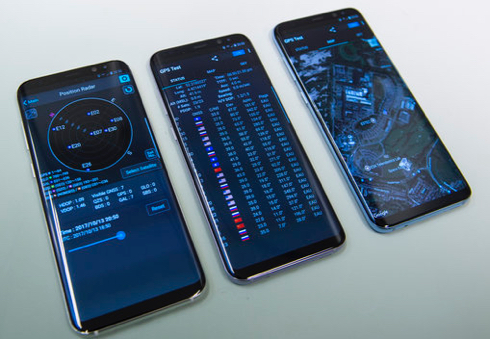
Students and research trainees across Europe have been invited to take part in ESA’s new Galileo smartphone app competition – to develop an app capable of performing fixes using raw Galileo satnav measurements.
Run by ESA in collaboration with the European Global Navigation Satellite Systems Agency – GSA – plus the European Commission with the support of Google, this Galileo app competition is open to all students from European universities and trainees in posts at European research and development organisations.
The competition launched on 24 September 2018, and teams have been invited to submit their proposals by 12 November, to be informed of the jury’s response to their proposal by 26 November. The competition final is scheduled for 18 April next year at ESA’s ESTEC technical centre in Noordwijk, the Netherlands.

